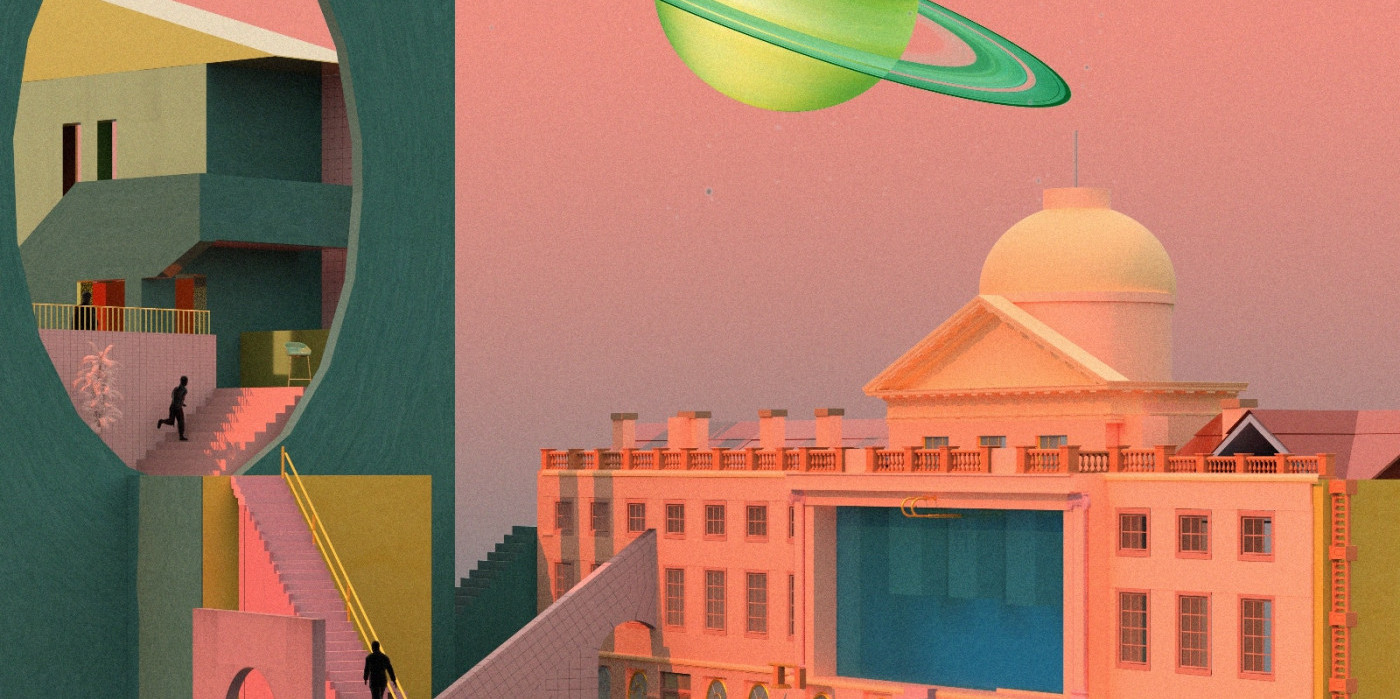
Lifestyle, News

21 November 2018
Discover what the future of food, work, health, love and technology may mean for us.
Technologically speaking, the leap from 2018 to 2038 will be enormous in some areas and almost undetectable in others. From the earliest of human societies, people have sought to enrich their lives with the comfort, convenience and quality of luxury. When we think what the vision of the future was back in the mid 90’s, when people worked in cubicles trying to figure out Windows 95, could we have even imagined that ‘Kindle’, ‘smart phone’, ‘tablet’, ‘Amazon’ and ‘Netflix’ would all be common place words in our daily vocabulary?
Danish philosopher Soren Kierkegaard said that “Life can only be understood backwards; but it must be lived forwards.” So, with that in mind, what can we say for certain? The world will probably be much like it is today, but smarter, faster and even more computerised for our online lifestyles. The things that will, as ever, motivate us to function and progress are: food, work, health, love and technology.
Vertical farming, genetically modified (GM) crops and synthetic meat will be vital for greater food efficiency as populations continue to grow. Insects will become a snack, adopted from Asian street market television cooking shows, but flavoured and marketed to our taste. For those who would rather consume meal-replacement products than cook a meal, an alternative to the meal-replacement drink Soylent will soon be available. For those who’d prefer to eat their meal, Mealsquares are solid, whole-food meal-replacement products.
The Open Agriculture Lab (OAL) at the Massachusetts Institute of Technology (MIT) has recently suggested that as much as 40% of urban diets could eventually be produced domestically. According to an article on Circulate, OAL is actively working to develop domestic grow-boxes, which create controlled environments where unique combinations of temperature, humidity, and soil are created to grow specific types of food. Caleb Harper, OAL’s director, believes urban farming will have to play a role in future diets, citing problems of freshness, storage, and transport costs.
It’s a very real possibility that future experts will lose their jobs to artificial intelligence (AI). Professor Richard Susskin, an expert in law and AI, explores two possible futures: one where machines augment our current professions (a doctor using Skype to remotely connect with a patient, say), and one where the profession is directly replaced (the computer does the diagnosis, cutting out the middleman). Elements of this are, of course, already rearing their heads. “In one year, more people signed up to Harvard’s online courses than attended the entire university since it began,” Susskind says, while highlighting advancements in practically every sector. “Even in the clergy we found an app called Confession,” he reports. “It has tools for tracking sin, and a dropdown menu with offers of contrition. It brings to mind an aphorism from the sciencefiction writer William Gibson: ‘The future has arrived, it’s just not evenly distributed yet.” However, on a positive note, future chief technology officer Simon Raik-Allen suggests we will see a return to more vibrant local communities as people work within walking distance of their homes, improving physical and mental health and creating more time for people to spend with their loved ones.
New and more sensitive monitoring devices, some wearable, some implanted and some built into the home, will be continuously measuring physiological and biochemical parameters, observing behaviours and tracking location. This will benefit the preventative direction that health care will need to take due to strained resources in hospitals and a population with longer life expectancies. Artificial intelligence will even analyse test results, causing a shift towards robotic pharmacists, and patients will have full electronic access to all their health records. Face-to-face consultation with a GP will remain the gold standard, but patients will also be able to video- consult from their home or work using smart phones. Genomic treatment will revolutionise patient care and whole genome sequencing to identify disease causing genes and risk profiling will be universally available. We will even be able to print our organs on 3D printers. The world’s first 3D-printed, bioengineered trachea was transplanted in 2013, and between now and 2050 the NHS will become capable of designing and fitting increasingly complex structures, such as kidneys, livers and lungs.
The internet has forever changed the way we meet, date and fall in love. Online dating and location-based services such as Vine, Snapchat, and Grindr have allowed people to look beyond their immediate friends, friends of friends, and co-workers. We’re becoming more independent and less constrained by the old social norms. This will have an impact on the relationships we form, with fewer people choosing traditional marriage, a rise in official (and unofficial) civil partnerships and more people remaining single for longer, if not forever. Companionship, sex and relationships will be explored in robotics, AI and VR. 2018 was the year that saw the opening of sex robot and sex doll brothels, with one closing down only nine days after opening — perhaps it’s the human touch we need after all.
All of the above fits under the umbrella of technology. What we do know for certain is that devices will get smarter, faster and smaller. We also know that the internet connects us all and that we’ll see a rise in both wearable devices and implants and unlimited free data storage. When more sensors are eployed, a great shift in internet traffic will take place. More devices will be connected, including home appliances that will soon become automated. For those of you who’ve had their interest in future global predictions piqued, please check out this timeline www.futuretimeline.net. For those who wish to take a more zen approach to the future let’s look to Buddha who said, “Do not dwell in the past, do not dream of the future, concentrate the mind on the present moment”.
To read the rest of this special edition of the CityScene, click here.
Image Credits: Tishk Barzanji/jellylondon.com
SHARE ARTICLE